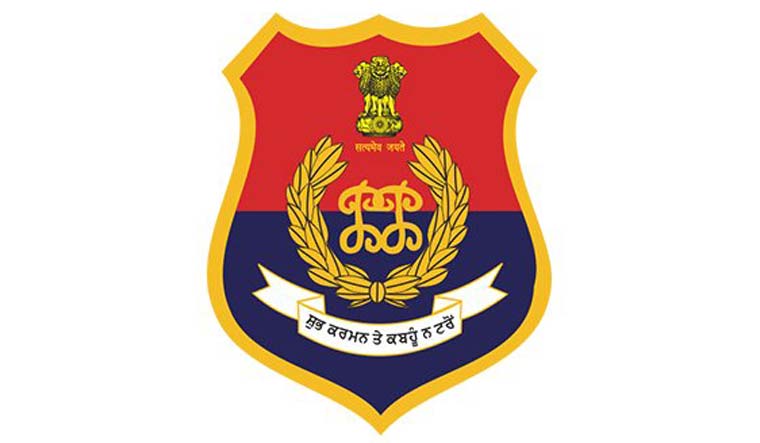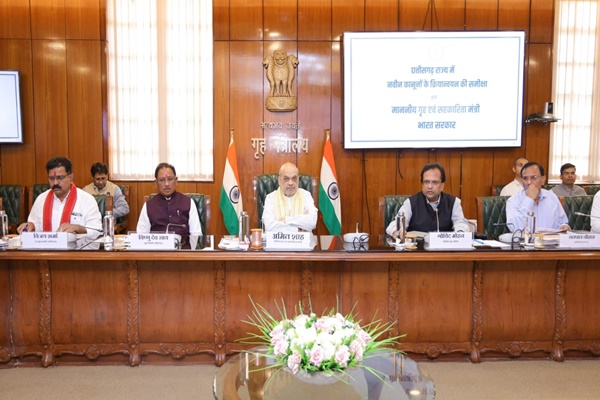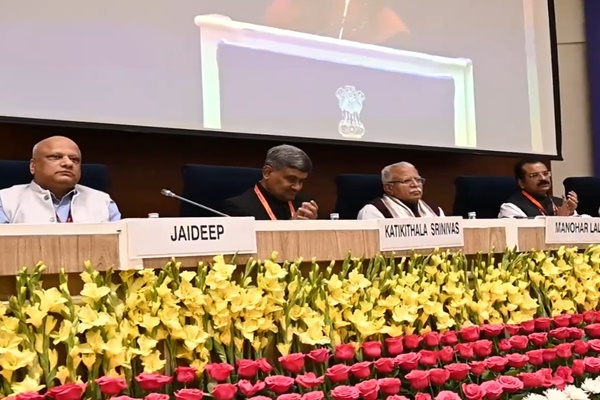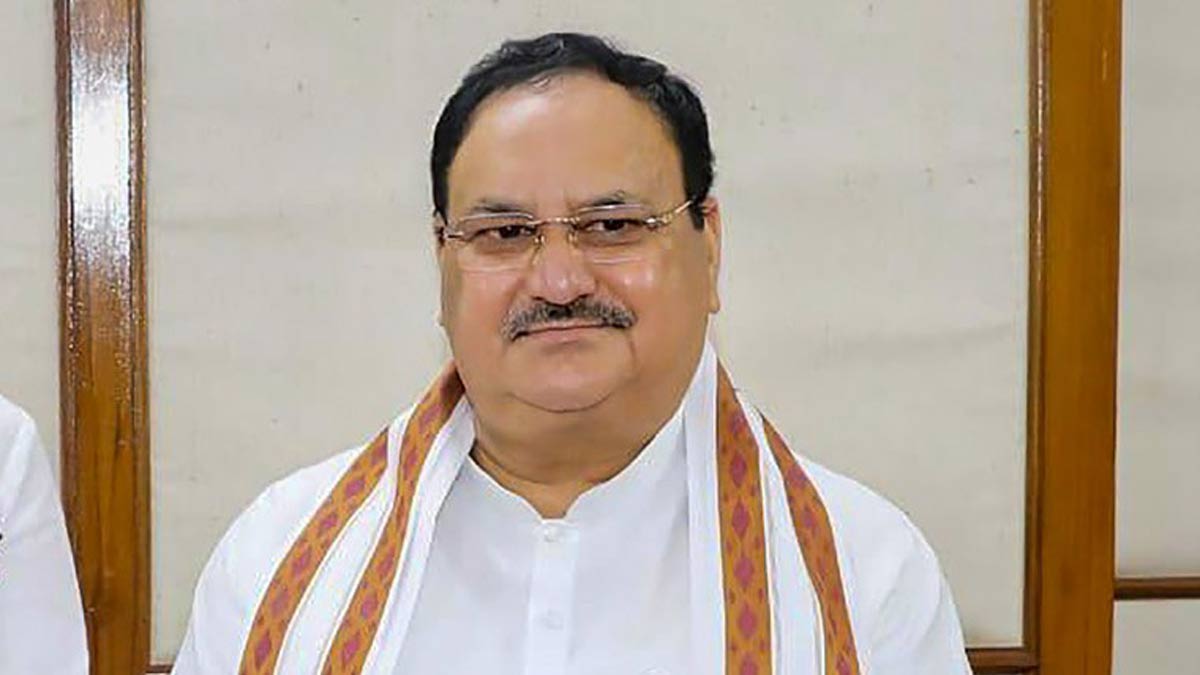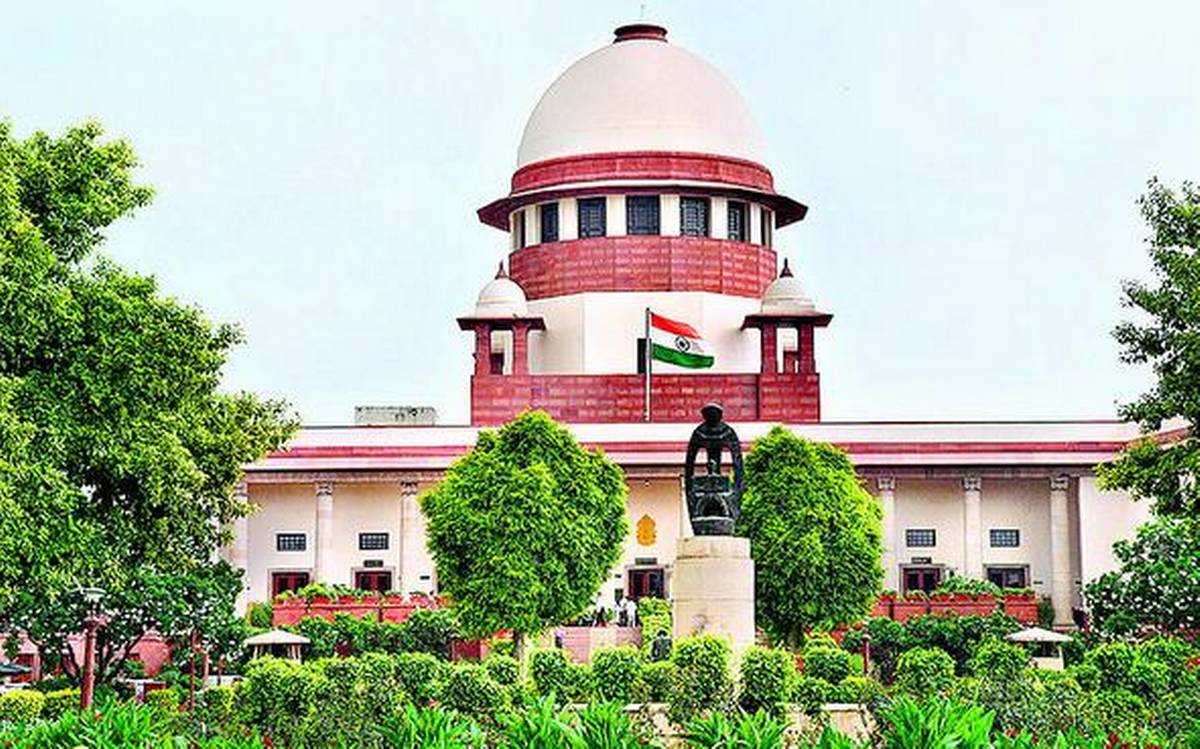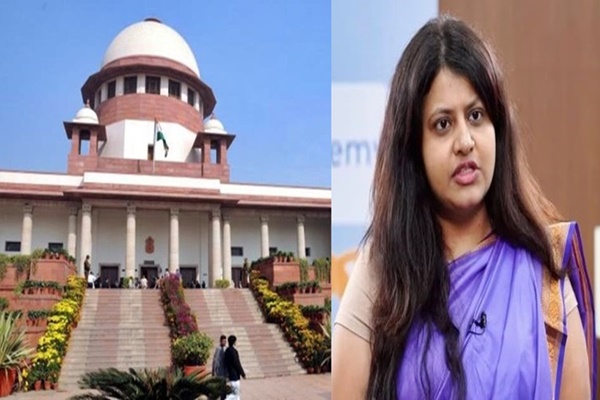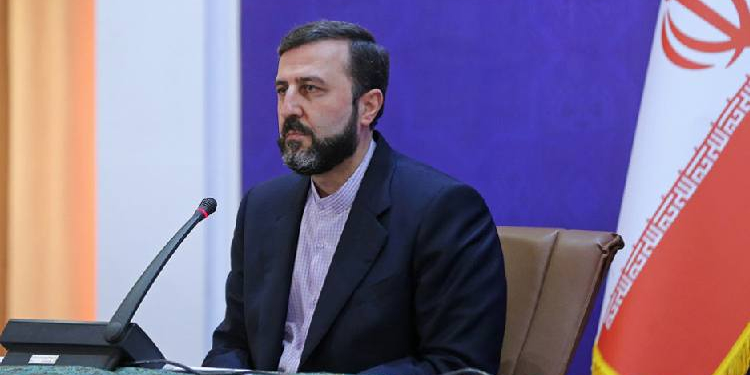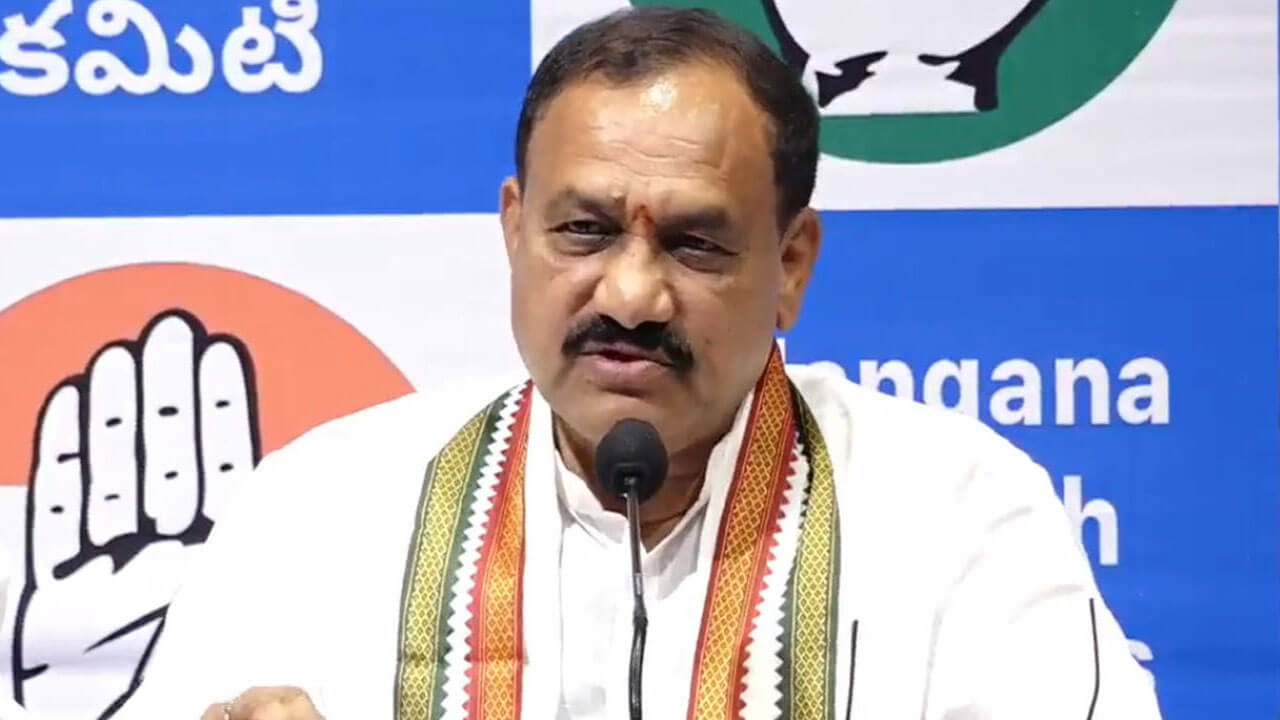Nandan Nilekani's appointment can only partially rid Infosys of its problems
Fri 25 Aug 2017, 23:10:06
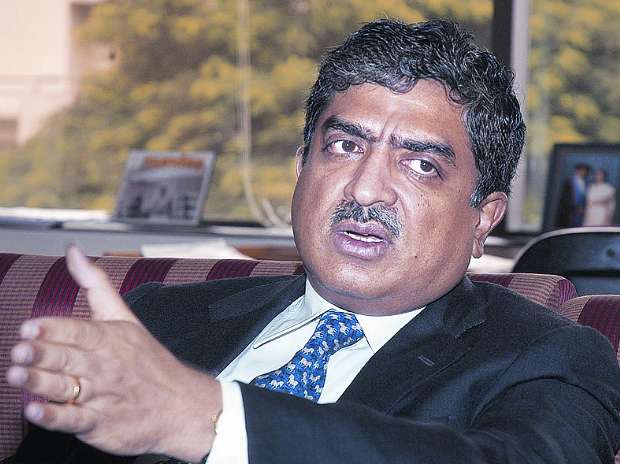
The Indian information technology (IT) sector has been going through a slow-growth phase, with the world transitioning to new technologies (digital, artificial intelligence and automation) and muted overall global economic growth.
Infosys, though, had made an attempt to get back to industry growth rates through a very strong focus on new technologies after Vishal Sikka joined the company. It did succeed in its endeavour, with new solutions and products accounting for 10% of its revenue in the first quarter of the current financial year (Q1FY18).
Sikka's sudden exit is being seen as a negative for the company at a time when it is gearing up to get back to industry-leading growth. Such a development, in my view, can definitely reduce the speed with which the company was progressing to achieve normalcy on both these counts.
In the latest move, Infosys’ former CEO Nandan Nilekani has been appointed as a non-executive, non-independent director and chairman of the board of directors with immediate effect. Nilekani, who had a successful post-Infosys stint as the head of the Unique Identification Authority of India (UIDAI) – a Cabinet-rank position that he entered on the invitation of the then Prime Minister Manmohan Singh in 2009 – had previously been reluctant to return to the company.
But will his joining rid Infosys of all its worries? Only partially, I think. While the appointment can settle near-term concerns related to governance, the business / financial situation will improve over time and will depend on a host of external factors as well.
I believe the vision and strategy of the new top brass towards new technologies – digital, artificial intelligence, and automation – would be key to Infosys' ability to get back to industry-leading
growth.
growth.
That said, Infosys, in my view, needs to fix two issues. One, resolve all disputes between the board and the founders. As Nilekani joins the board, it would be a clear near-term positive. He would be able to settle the issues between the board and the co-founders amicably.
The second job is to find a new managing director (MD) & chief executive officer (CEO). The medium-to-long term business / financial performance of the company would depend largely on who is the new MD & CEO and how much he/she is aligned to the company's path to new technologies. We believe that this would be very important as strong growth in new technologies is key for Infosys to get back to industry growth rates.
Meanwhile, the Rs 13,000-crore share buyback at Rs 1,150 apiece for 4.92% of the share capital is the only near-term positive for investors. For any shareholder who has a horizon of one year or so, it would make a lot of sense to tender in the buyback. The company is cash-rich, holding Rs 32,600 crore, including the buyback portion.
That said, the existing promoter shareholding of 12.75% will be a concern. Other major IT companies have a high degree of promoter holding, which is making them transform and adapt faster to requirements.
If Infosys fails to address these problems soon, retaining employees and clients would be a problem going ahead.
Given the developments, we had cut our FY18/19 revenue forecast by 1.1%/3.6% and earnings per share (EPS) forecast by 2.8%/8.8% after Sikka’s exit. We value the stock at 13x FY19E (versus 16x earlier), which is at the lower end of the one-year forward price-earnings ratio (PER) band of 13.4x-18.4x in the last three years. We have downgraded the stock to 'HOLD' with a new target price of Rs 887.
No Comments For This Post, Be first to write a Comment.
Most viewed from National
Most viewed from World
AIMIM News
Latest Urdu News
Most Viewed
May 26, 2020
Do you think Canada-India relations will improve under New PM Mark Carney?
Latest Videos View All
Like Us
Home
About Us
Advertise With Us
All Polls
Epaper Archives
Privacy Policy
Contact Us
Download Etemaad App
© 2025 Etemaad Daily News, All Rights Reserved.



